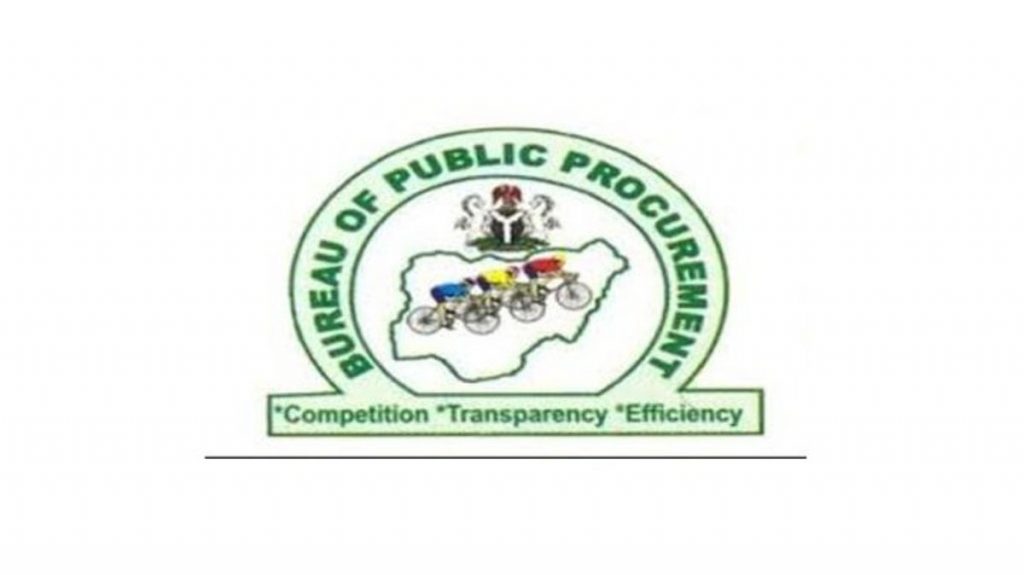By Akanimo Sampson
In spite of the seeming showy public stance of the administration of President Muhammadu Buhari on corruption, a report by the Bureau of Public Procurement (BPP) has revealed that the cancer of corruption in Nigeria is actually festering under the watch of the President.
An intimidating profile of Buhari as an anti-corruption fighter, to a greater extent, contributed to his emerging as the country’s President in 2015. But that larger than life image of President Buhari appears to be fading away by the alleged unwholesome activities of some key functionaries of his administration.
In its 2018 annual report obtained by News Agency of Nigeria in Abuja, Nigeria’s capital city, the BPP claimed that it saved more than N26.86 billion that year alone, by revising down inflated contract sums by government agencies.
According to the report, the huge savings are from the review of contracts awarded to contractors by some Ministries, Departments and Agencies (MDAs) before being given certificate of No Objection by the bureau.
Of the savings made, the highest amount of N22.22 billion was recorded from the Ministry of Power, Works and Housing that was then under Babatunde Fashola, a Senior Advocate of Nigeria and a former Lagos State governor (2007-2015). The money, according to the BPP, was saved from an initial request of N877.40 billion.
Similarly, contracts under the Ministry of Petroleum Resources that is directly under the supervision of President Buhari, was reduced from N278.91 billion to N278.64 billion, resulting in savings of about N271 million.
The BPP said it saved N1.37 billion on projects from the Ministry of Transportation which is under the watch of Chibuike Amaechi, a former Rivers State governor (2007-2015) from an initial request of N76.22 billion and also from Ministry of Water Resources, N521 million was saved out of N13.12 billion.
From the Ministry of Finance, the BPP said it saved N143.72 million from a request of N3.54 billion and about N33.65 million was saved from the Central Bank of Nigeria’s (CBN) initial request of N1.47 billion.
The report equally showed that savings of about N494.96 million was made from various military contracts from an initial request totaling N123.82 billion for the procurement of critical equipment.
While the agency revealed how contracts particularly awarded by the Amaechi and Fashola ministries, were inflated to the tune of about N27 billion, its report also showed that in 2018, 86 certificates of No Objection was given out by the bureau to MDAs for contracts initially totaling N1.421 trillion but was later reduced to N1.394 trillion.
In addition, savings of about N8.04 million was made from various contracts under the supervision of the Ministry of Interior, from an initial request of N9.23 billion just as the BPP also saved N104 million out of an initial request of N936.75 million by Federal Radio Corporation of Nigeria (FRCN) for the procurement of broadcast equipment for 2019 general elections.
The report, however, showed that no savings was made from contracts under the Federal Capital Territory Administration, Ministry of Environment and the Ministry of Budget and National Planning.
According to the report, the public procurement activities in most MDAs are shrouded in secrecy and not in line with international best practices ‘’The degree of the reported cases being prosecuted in the courts by the EFCC and the ICPC are clear testimony of the breaches in the MDAs. As observed in most cases, the procurement officers collude with the contractors and service providers to breach certain provisions of the BPP Act for their selfish reasons.
‘’These breaches range from faulty bid solicitation process, advance exposure of the bidding criteria to their preferred bidders and overlooking forged procurement statutory documents during technical and financial bid process.
‘’They also give out in-house prices of contracts to their preferred contractors and service providers which serve as an advantageous guide in their financial bidding, among other numerous breaches of the Act. Procurement officers, who are known to be colluding with the bidders to breach the Act, have not been reprimanded enough to deter them from their offences,’’ the BPP report said.

